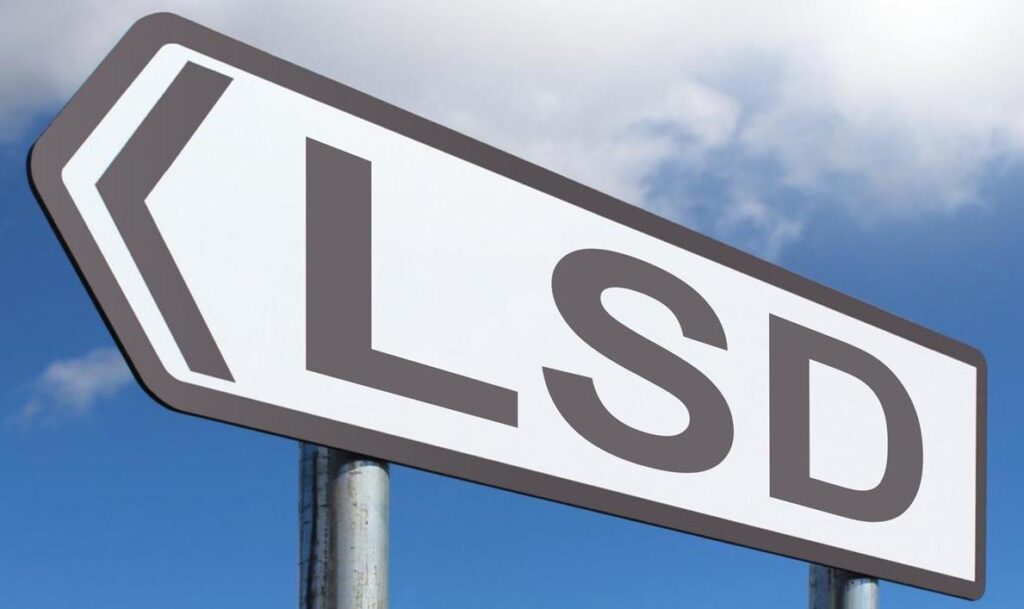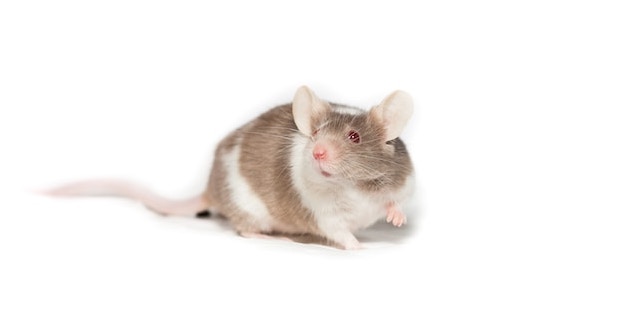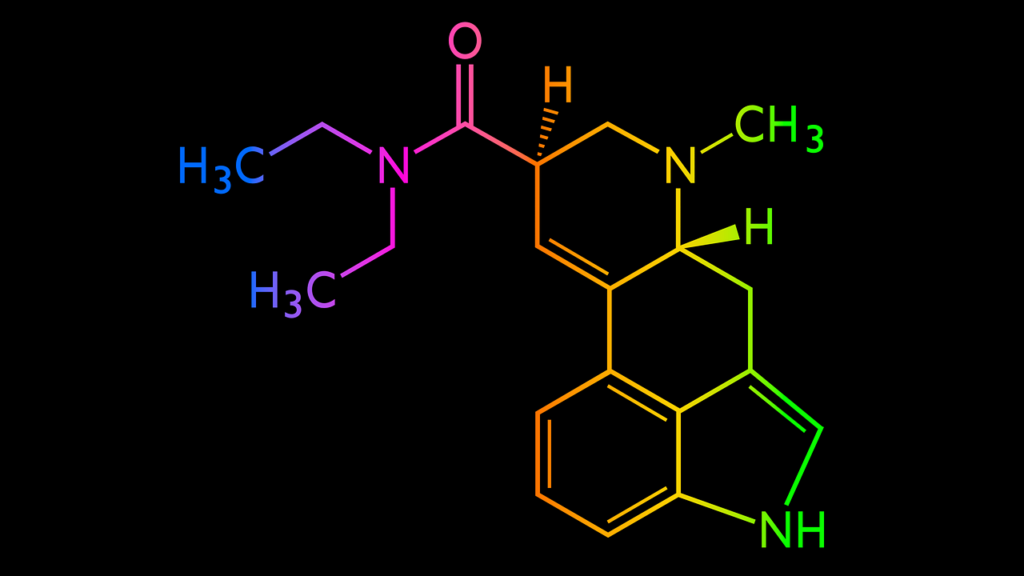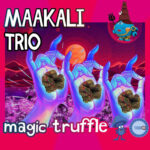LSD first took the world by storm in the swinging 60’s. But even now, in 2021, we still haven’t unearthed all of its secrets. Like for instance, how exactly does LSD spur the brain on to explore realms, previously unimagined?
Thankfully, some scientists are working to crack the case…testing microdose levels of LSD to spark prosocial behavior in mice.
So, it gets a wallflower to thinking… can LSD cure shyness and promote sociability in people, as well?
Tear Down Your Walls…
In a recent study, researchers found that Lysergic acid diethylamide (LSD) boosted social interaction in mice. And it does make sense, doesn’t it? After all, LSD is known for its uncanny ability to tear down a person’s psychological walls completely.
Think about it. Even after 20 minutes, LSD has begun to engulf you in a sense of total trust and well-being. Your emotions are heightened — ALL OF THEM, good or bad. Painful bliss. Exquisite horror. But one thing’s pretty certain: you’ll crave the company of people to share the ride with.
And if you need any proof of LSD’s “culty” tendencies, just remember psychedelic hero Timothy Leary. Leary started his own “church” called the League for Spiritual Discovery, with LSD as its sacrament. In fact, stories abound of outsider groups centred around the divisive substance.
The Secret Sauce
Nahum Sonenberg, co-lead author and Professor of Biochemistry of McGill, said that they always knew LSD triggered happy thoughts. But to actually identify the ‘secret sauce’, one that could possibly cure social anxiety? Their minds were blown.
The scientists discovered that LSD flicks on the “switch” for serotonin, aka the “happy hormone”. This excites the powerful AMPA receptors – networks in the brain so electric that they can cause epileptic seizures.
But what really transforms LSD is that it wakes up a 3rd protein, called mTORC 1. And you know what happens when all 3 — serotonin, AMPA, and mTORC 1— wake up at the same time? You start to feel the fuzzy wuzzies. Like the world is your oyster. Like everyone is your friend.

Dr. Danilo de Gregorio, the study’s first author & postdoctoral fellow at McGill’s Neurobiological Unit, said:
“These three factors, taken together, promote social interaction in mice, which is the equivalent of empathy and social behavior in humans.
“Increased sociability occurs.”
Microdose for Mickey
The team did experiments using mice split into 2 sets.
The first set of mice were given a microdose of LSD, repeated over 7 days. The second set of mice, which was the control group, only got the “carrier” (minus the LSD). This allowed the scientists to compare a group of social creatures with LSD, against another without LSD.
So what happened?

Using a method called optogenetics, the researchers gave the mice a series of tests. Each mouse was inserted with a tiny optical fiber. This kept track of how “excited” they were to socialise. Seven days later, the mice were treated with LSD to see how often they’d say hi to a friend — would they be happy to see them at all? And, guess what?
The mice on acid spent more time with a stranger mouse, compared to the ones who were left untreated. Could a mere microdose* really be that effective that fast?
(*Typically, animals get 100-200 mcg/kg. But in this study, they only got 30mcg/kg a day to avoid hallucinations.)
A Cure for Shyness
Just imagine if they could use these findings for humans! Is an LSD-based cure for shyness on the horizon? Dr. Gabriella Gobbi, psychiatrist & co-lead author of the study, certainly thinks it’s possible.
“These hallucinogenic compounds—which at low doses are able to increase sociability — may help us understand the pharmacology and neurobiology of social behavior better, and ultimately develop and discover novel and safer drugs for mental disorders.”
LSD: The Synthetic Psychedelic to Beat?
Psychedelics are a fantastic way to escape reality. But prior to embarking on your marvelous trip, just know that your experience can, and will, vary depending on which hallucinogen you pick.

LSD is of course, lab made, synthesised from the ergot fungus over 80 years ago by one Albert Hofmann. On the other hand, psychedelics that occur in nature, such as magic mushrooms, magic truffles, ayahuasca, and salvia, could well be looked into for these effects too. I mean, a good old shroom trip certainly can make you feel a warm glow for all of humanity. And. anything that can be done to make us all get along that bit more swimmingly, can never be bad eh?
What do you think? Do you feel more friendly when you’re on the psychedelic train?





